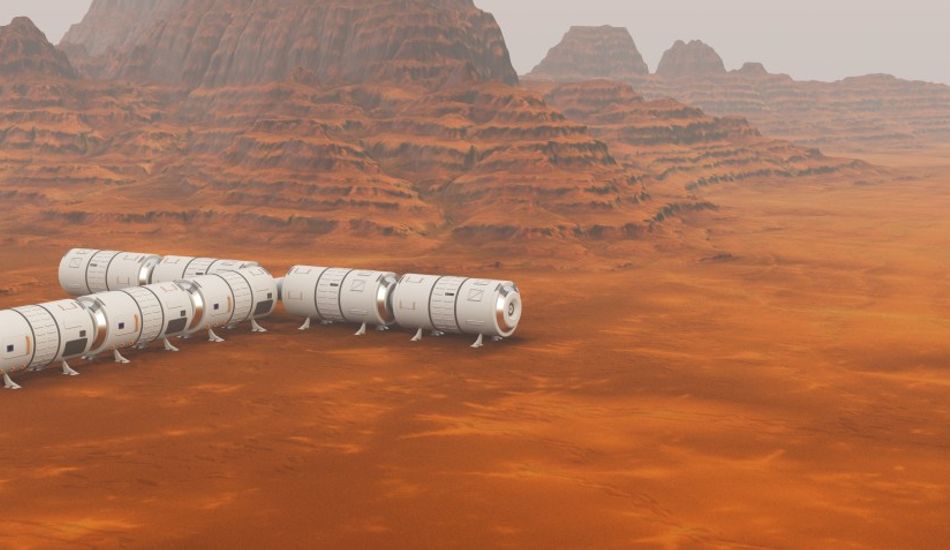
NASA & Google Develop AI Medical Assistant for Astronauts
As space missions get longer and take us further from Earth, ensuring the health of our astronauts becomes a real challenge. I mean, think about it: astronauts on the International Space Station can rely on quick calls to Houston, regular deliveries of medicine, and a relatively short trip back home if things go south. However, things are about to change as NASA, along with partners like SpaceX, prepares for longer missions to the Moon and Mars.
That's why NASA is working on making medical care in space more self-sufficient. One of the initial steps? An experimental AI medical assistant developed in collaboration with Google. This tool, called Crew Medical Officer Digital Assistant (CMO-DA), aims to help astronauts diagnose and treat symptoms when they can't reach a doctor or communicate with Earth. It’s like having a virtual doctor onboard!
This AI assistant uses speech, text, and images, running on Google Cloud's Vertex AI. NASA actually owns the app's code and has helped fine-tune the AI models. Pretty cool, right?
So, how well does it work? NASA and Google have tested CMO-DA in a few scenarios, including an ankle injury, flank pain, and ear pain. A group of doctors, including an astronaut, assessed the assistant’s performance. The results were promising, showing a high level of diagnostic accuracy. For example, the AI correctly diagnosed and suggested a treatment plan for flank pain about 74% of the time. Not bad for a virtual doctor!
The plan is to keep improving the AI over time. NASA aims to add more data sources, like medical devices, and train the model to understand the unique conditions of space medicine, like microgravity. It's an ongoing process of learning and refinement.
While there are no official statements suggesting Google will seek clearance to bring this AI medical assistant to Earth-based doctor's offices, it seems like a logical progression if the system proves successful in space. Just imagine the possibilities for remote healthcare!
In my opinion, this project is not only about improving astronaut health but also about learning lessons that could be applied to healthcare here on Earth. The development of CMO-DA, could lead to advancements in telemedicine and AI-assisted diagnostics, benefiting people in remote areas or those with limited access to medical care. It's a win-win situation, pushing the boundaries of space exploration while simultaneously improving healthcare for everyone.
Source: TechCrunch